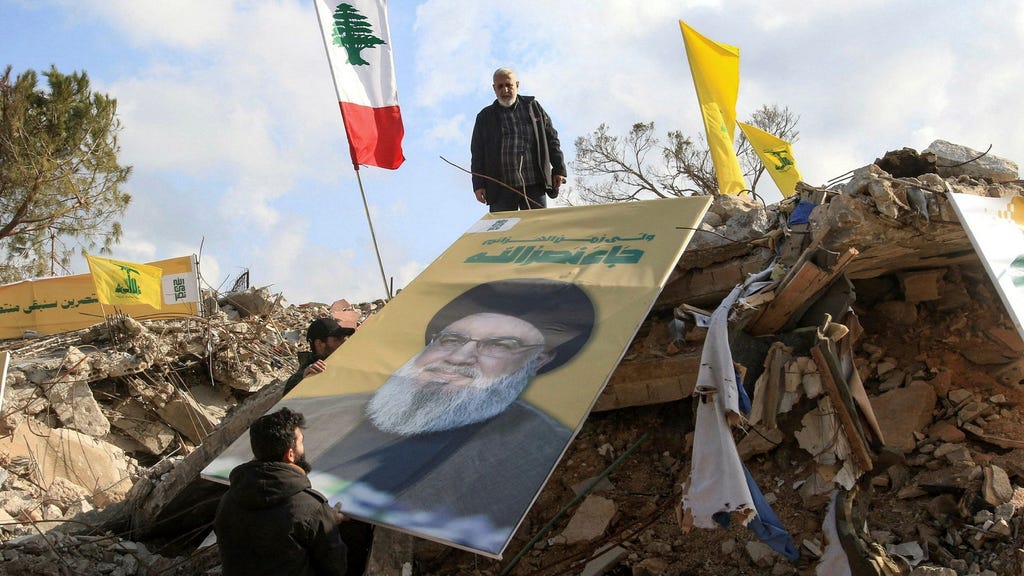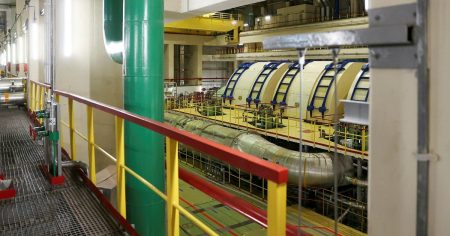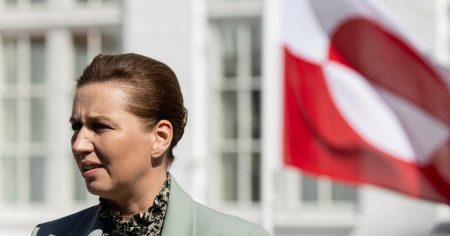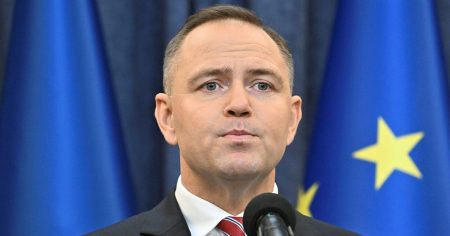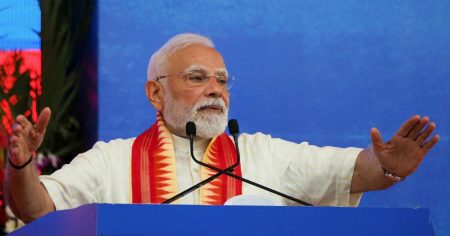The ongoing conflict between Israel and Hezbollah, fueled by Iranian support, continues to destabilize Lebanon. Israel has lodged complaints with the truce commission overseeing the ceasefire, alleging that Iran is circumventing the arms embargo by smuggling cash into Lebanon via suitcases on flights from Tehran. While the commission acknowledges this activity, it maintains that the ceasefire only prohibits the transfer of weapons, not money. Israel’s recent bombing of trucks allegedly carrying weapons toward the Syrian-Lebanese border underscores the fragility of the ceasefire and Israel’s determination to disrupt Hezbollah’s rearmament.
Iran’s financial support is crucial for Hezbollah’s operations and its influence within Lebanon. Following the 2006 war, Iran funded the reconstruction of southern Beirut, significantly expanding its influence. While Iran faces greater financial constraints now, the Islamic Revolutionary Guard Corps (IRGC), responsible for Iran’s relationships with foreign militant groups, continues to prioritize Lebanon’s reconstruction and Hezbollah’s funding. This financial lifeline empowers Hezbollah, allowing it to maintain its significant political and military influence within Lebanon, much to Israel’s chagrin. The suitcase smuggling, while acknowledged by the truce commission, highlights the difficulty in enforcing the ceasefire terms and limiting Iran’s support for Hezbollah.
Further complicating the situation, Iranian diplomats have reportedly refused baggage inspections at Beirut airport on several occasions since the ceasefire, raising suspicions of undisclosed shipments. Before the war, Hezbollah wielded considerable influence over airport procedures, a power dynamic Lebanon’s new leadership hopes to dismantle. Israel’s wartime destruction of Hezbollah’s weapon caches near the airport serves as a reminder of Hezbollah’s previous military strength and the ongoing threat it poses. Lebanon’s aspiration to regain control over its infrastructure, including the airport, is directly challenged by Hezbollah’s embedded presence and Iran’s ongoing support.
Hezbollah, despite being militarily weakened and facing setbacks, is unlikely to relinquish its power easily. It remains a powerful force in Lebanon, operating as a ”state within a state.” Lebanon’s leaders, while needing to condemn Israeli actions for political reasons, also recognize that a truly independent Lebanon necessitates curtailing Hezbollah’s influence. This creates a complex dynamic where Lebanon’s official stance might differ from its underlying interests, potentially creating an unspoken alignment with Israel’s efforts to constrain Hezbollah.
The financial battleground further illustrates the complexities of this conflict. Hezbollah’s financial arm, Qard al-Hassan, distributed over $50 million to Shia Muslims affected by Israeli bombings, despite its offices being destroyed in earlier attacks. However, a suspected Israeli cyberattack recently forced Qard al-Hassan to suspend operations, demonstrating the extent of the cyber warfare being waged alongside the physical conflict. This financial disruption aims to weaken Hezbollah’s ability to provide social services and maintain its popular support within the Shia community.
Lebanon faces significant economic challenges, with its banking system in ruins and foreign investment deterred by Hezbollah’s dominance and Iran’s influence. This dependence on Iran exacerbates the volatile situation and hinders Lebanon’s ability to chart an independent course. The current situation presents a potential opportunity for Lebanon to break free from Iran’s grip, but it is unclear whether the international community, particularly with the uncertain future of US aid, will provide the necessary support. The stakes are high for both Iran and Lebanon. Hezbollah represents a significant investment for Iran, and maintaining influence in Lebanon is a key strategic goal. The interplay of these competing interests continues to define the volatile and complex dynamics of the region.





